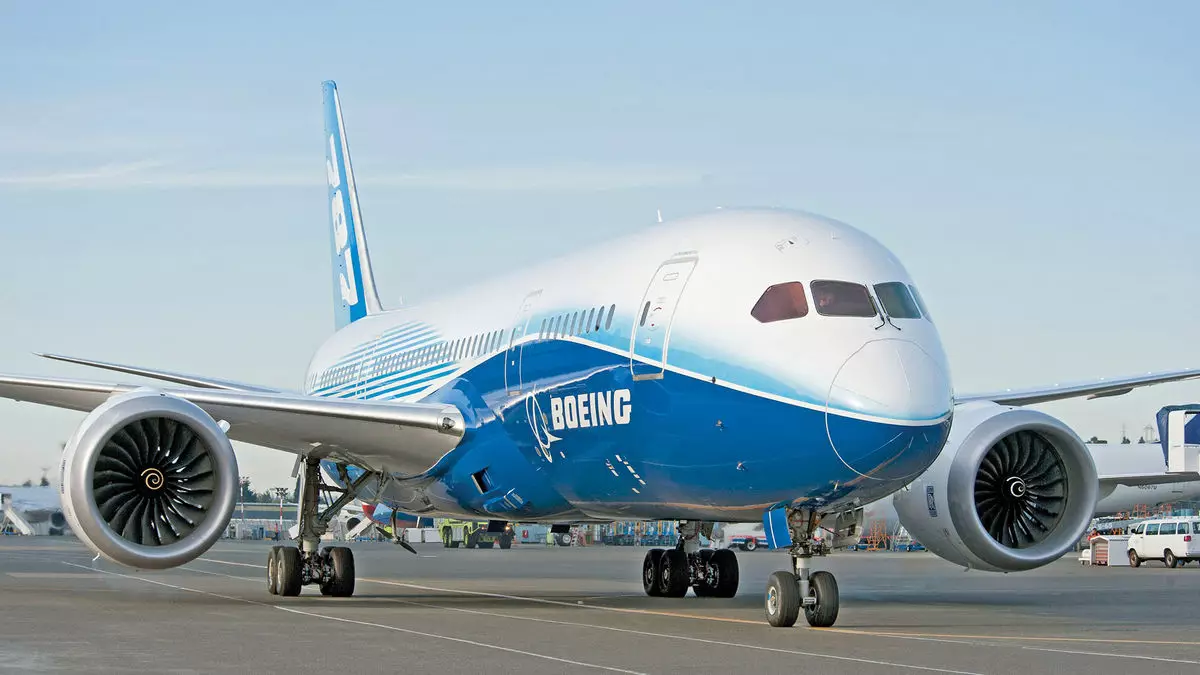Recently, a mechanic working for a Boeing subcontractor came forward with some alarming allegations regarding the repair work being done on Boeing planes at a factory near Seattle. The mechanic, Richard Cuevas, claims that he was terminated from his job after voicing his concerns about what he perceived as substandard manufacturing and maintenance processes on several Boeing 787 Dreamliners.
Cuevas specifically pointed out issues with the drilling of holes to attach fasteners and the application of sealant on a part crucial for maintaining the pressurization of the planes. These practices, according to his lawyers, could jeopardize the safety of the aircraft and the passengers on board. However, Boeing has refuted these claims, stating that the concerns raised by Cuevas did not pose a safety risk.
The fact that Cuevas was let go by his employer after bringing up these concerns raises questions about the commitment to safety and quality at the Boeing facility. It is concerning to think that a company as reputable as Boeing would allow potentially hazardous practices to persist within its operations.
Both Boeing and Spirit AeroSystems, the subcontractor’s parent company, have been called out for their alleged negligence. While Boeing claims to have thoroughly investigated the matter and addressed any issues, the accusations of “routinely cutting corners” and allowing “shoddy work” to continue cannot be taken lightly.
Moving forward, it is essential for both Boeing and Spirit AeroSystems to take these allegations seriously and conduct a comprehensive review of their maintenance and repair processes. Safety should always be the top priority in the aerospace industry, and any concerns raised by employees should be thoroughly investigated and addressed promptly. It is crucial for both companies to uphold the highest standards of quality and transparency in order to maintain the trust and confidence of the public.
The case of Richard Cuevas sheds light on the importance of vigilance and accountability in the aerospace industry. The quality and safety of aircraft are paramount, and any compromises in maintenance practices cannot be tolerated. It is imperative for all parties involved to work together to ensure that such incidents do not recur in the future.

